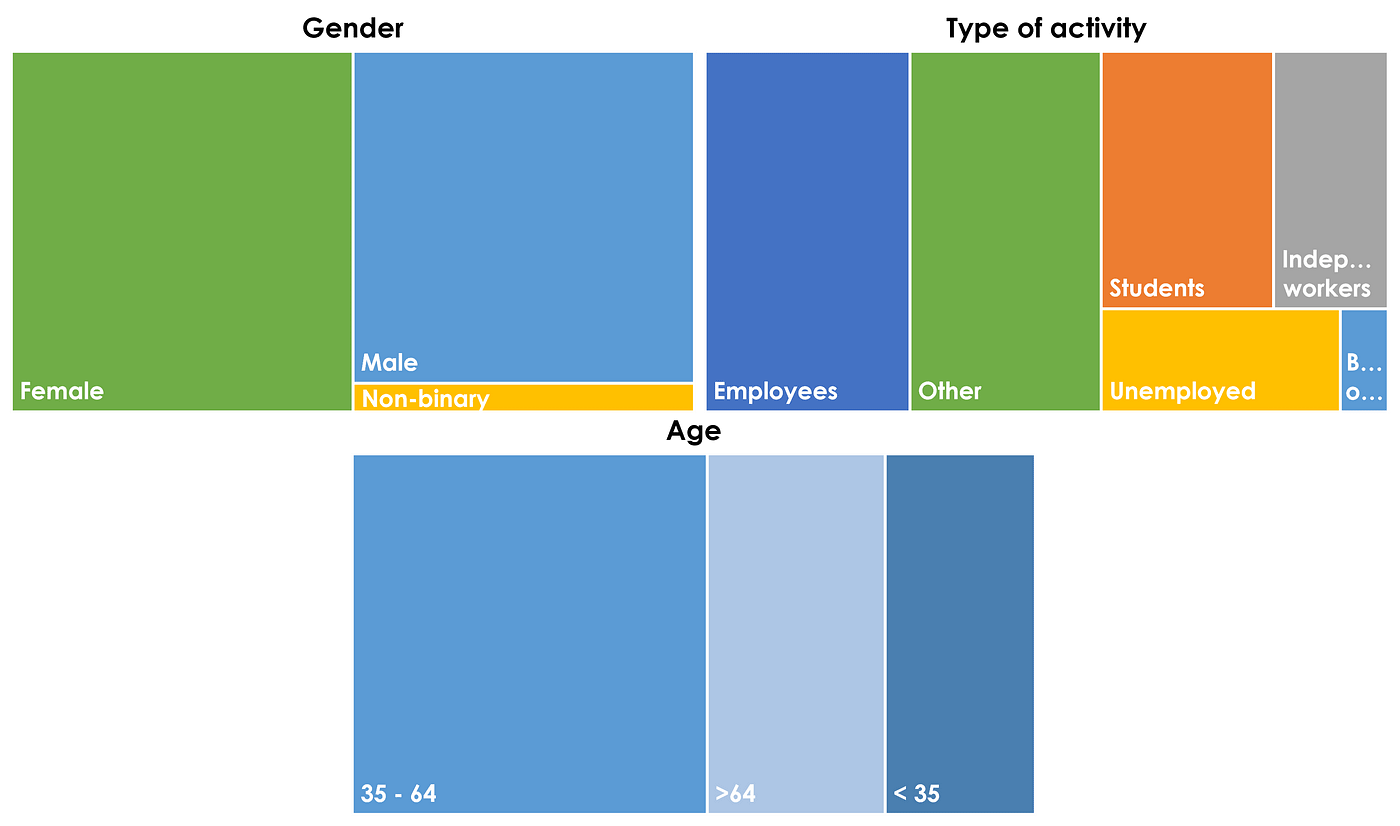Article by Mauricio Mejia: “Lisbon is joining cities like Paris, Bogota, and Milan in establishing new democratic institutions by convening Portugal’s first permanent Citizen Council. In April 2023, a new group of randomly selected citizens will deliberate on how to create a 15-minute city — one where citizens can easily access essential services such as education, health, commerce, culture, or green and leisure spaces.
Lisbon has taken the objective of reinforcing democracy seriously. Citizen participation is the first pillar of its Municipal Plan, intending to build “alternative mechanisms for democratic participation, capable of mobilising people’s knowledge.” To translate this into action, the City established its first Citizens’ Council, a decision-making body that is “representative of Lisbon’s population, while being impartial and independent from political parties.”
Lisbon’s Citizens’ Council is a microcosm of the city’s population
Anyone over 16 years of age who lives, studies, or works in Lisbon is eligible to become a member of the Citizens’ Council. For the first edition, the recruitment process consisted of two stages:
1. Voluntary enrolment to participate in the lottery. This process could be done online or at an in-person kiosk (Lojas Lisboa).
2. Random selection and stratification, using the following criteria: gender, age, academic qualifications, profession, area of residence, work or study, and level of political engagement.
Among the 2351 citizens enrolled, 50 citizens were randomly selected to form a microcosm of Lisbon’s population[i]:

Members were accompanied by an ecosystem of public servants, civil society stakeholders, academics, scientists, and experts to ensure deliberation was informed, facilitated, and objective. Participation in the Citizens’ Council was not remunerated, nor involved any financial incentives. However, members could request support to cover meals and transportation. The OECD suggests in its good practice principles for deliberative processes that participation should be encouraged through remuneration, coverage of expenses, and provision of childcare and eldercare…(More)”.